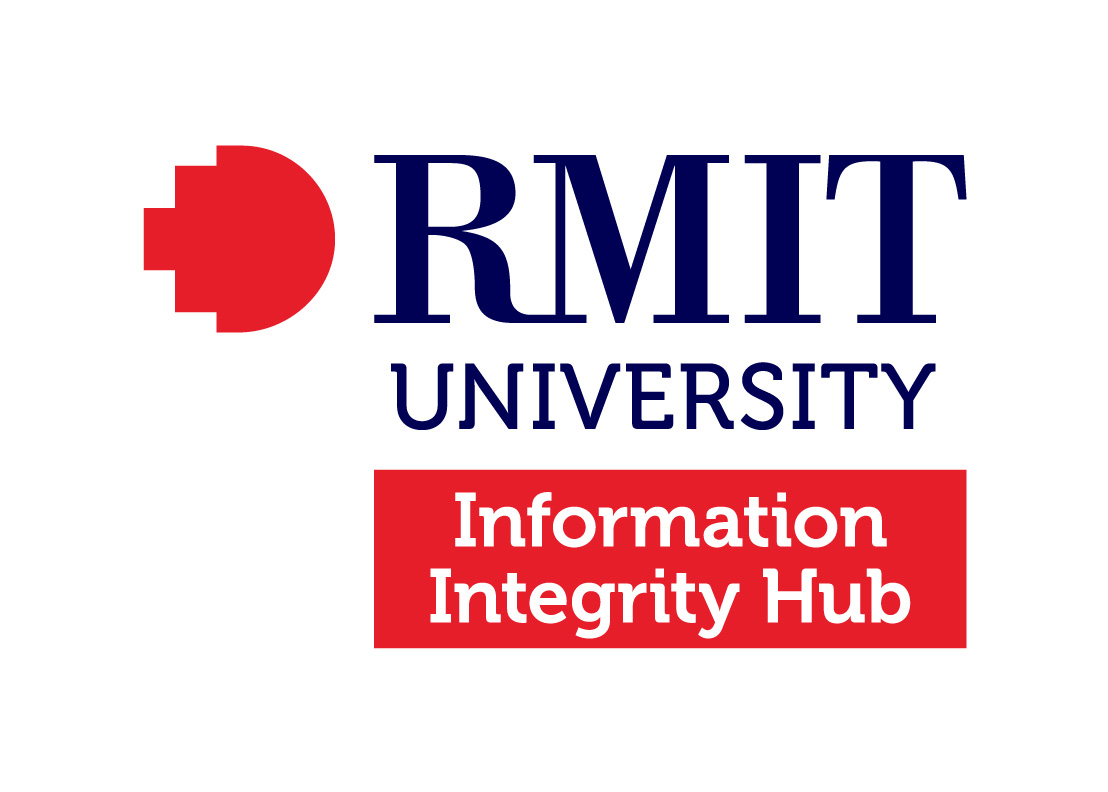Promise Tracker
The Promise Tracker project tracks the federal Labor government’s 2022 election commitments.
Digital Hostilities and Disinformation Lab
This project focuses on research that builds the capacity for public figures, politicians, celebrities, journalists and influencers to maintain their wellbeing in the face of abusive online behaviour and misinformation.





